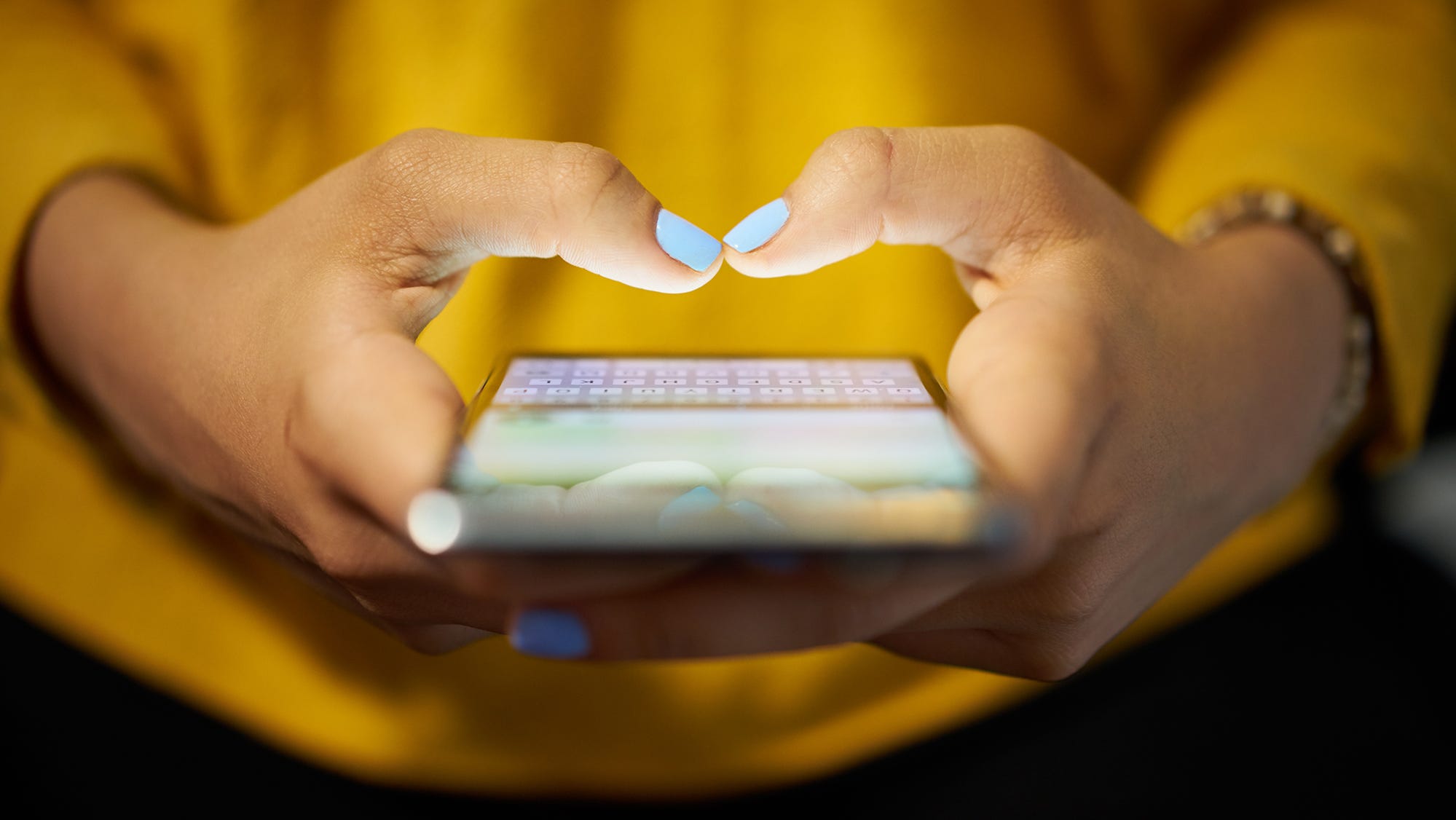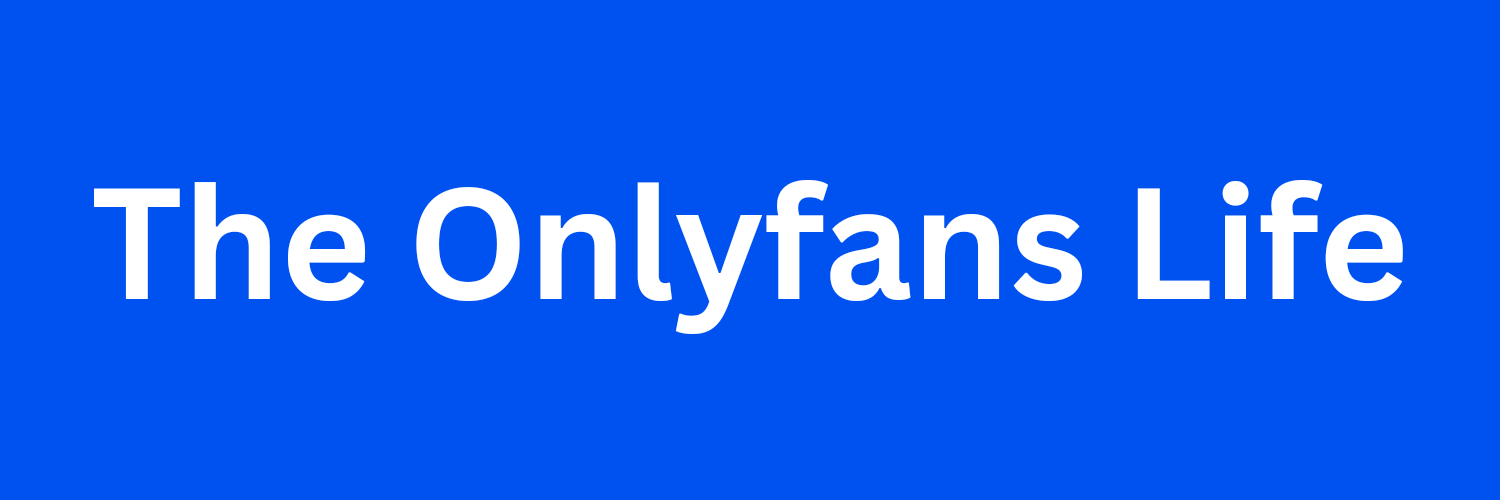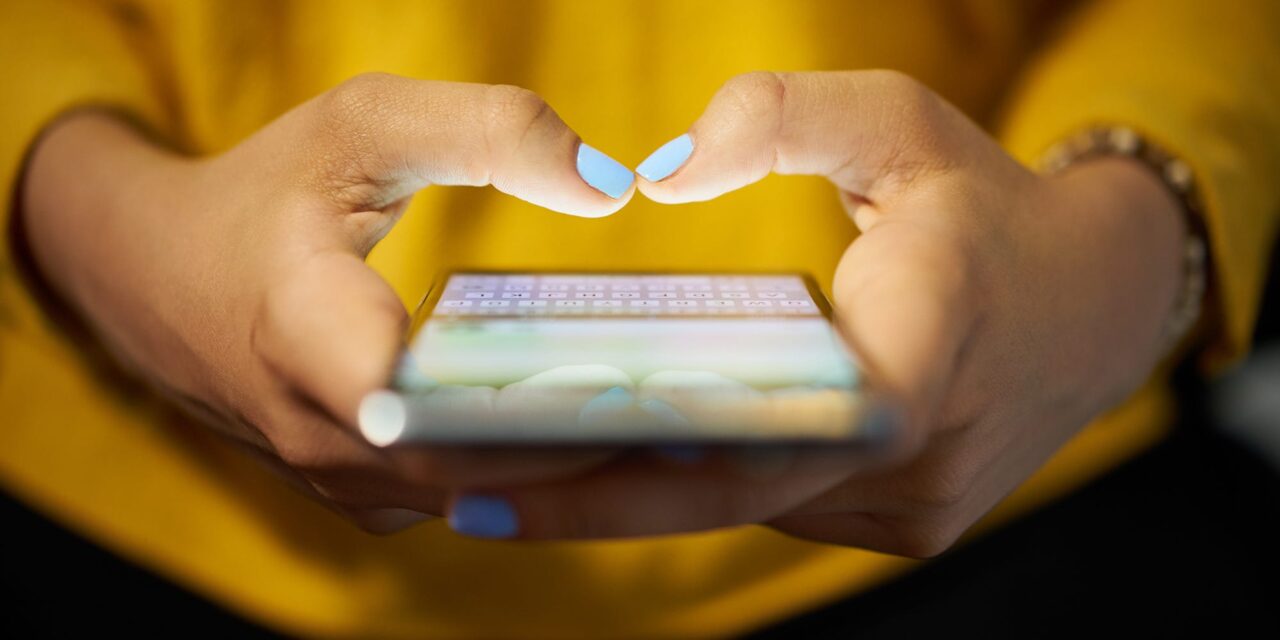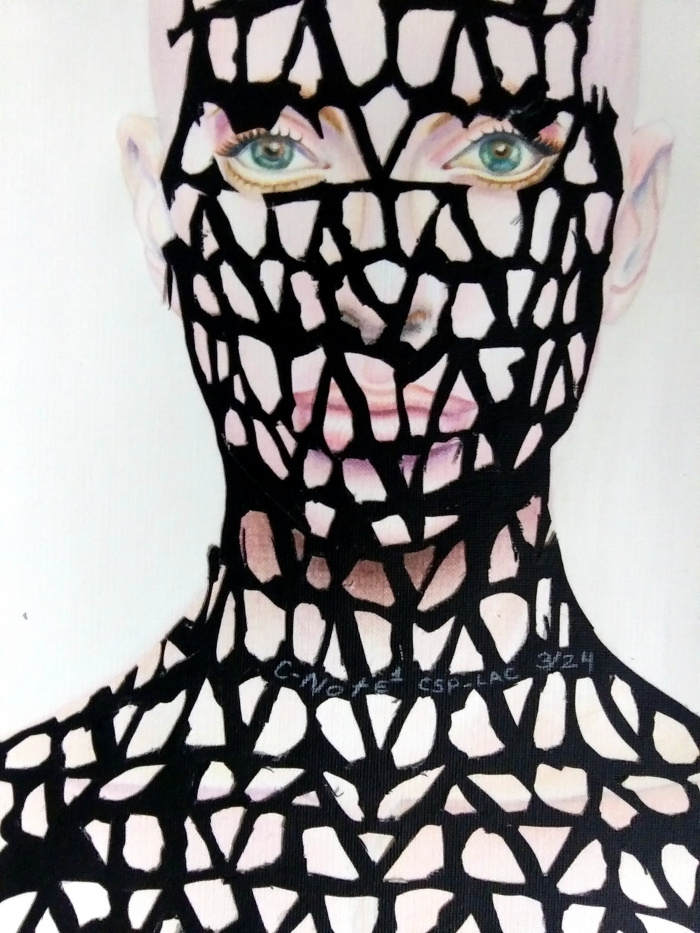
Teen boys blackmailed using nude photos is on the rise: What to know
Predators financially extort teens, mostly boys, by blackmailing them with nude photos. Here’s what these conversations look like.
On TikTok, women are complaining that bikinis have gotten so small, they may as well be a piece of thread. OnlyFans creators like Lily Phillips, who challenged herself to have sex with 100 men in a day, are going viral. And, parents are increasingly concerned over the threat of deepfake porn and the oversexualiation of young girls ‒ whether it be through the outfits they wear or the images they post online.
In her latest book, “Sexy Selfie Nation,” slut-shaming expert and author Leora Tanenbaum argues that the problem lies not with the young women sharing “sexy selfies” and wearing revealing outfits, but with the toxic-sexist conditions they are responding to. Young women, she says, are taking a stand against the three pillars of “nonconsensual sexualization” that shape their daily lives, which include gendered dress codes, the sharing of intimate images (including “revenge porn” and “deepfakes,” which she refers to as “image-based sexual abuse”), and the victim-blaming that ensues after sexual harassment and assault.
In “Sexy Selfie Nation,” Tanenbaum speaks with young women affected by today’s culture and presents a roadmap for parents to better understand their children’s behaviors, as well as for women and girls to shape and share their image on their own terms and reclaim control over their bodies.
Why does this culture of slut-shaming also exist between young women? There is a dominant mindset that if a girl is perceived to be too sexual, whatever that means, then she deserves to be negatively judged, mocked and treated as a pariah. Even those who should know better are growing up in this environment where that is the dominant way of thinking about girls and women, whether it’s conscious or unconscious. We all do it regardless of gender. But when girls do it to each other, it hurts more and we pay more attention to it because we have higher standards for them. One reason why girls and women slut-shame each other is to deflect attention from themselves. I’m not saying it’s malicious, but it is a coping mechanism within a culture of slut-shaming. You wrote about how even when they’re alone, women may feel as if they’re being evaluated. Why? I was called a slut when I was in high school, but I knew that when I went home and closed my bedroom door, I had actual privacy and I could escape the slut-shaming. Now, that level of privacy doesn’t truly exist. There are cameras around us all the time, and with the proliferation of sexually explicit deepfakes and AI nudify apps, we’re all at risk of being objectified against our will and having our image publicly distributed. So there is no sense of privacy, and this gaze on us is inescapable, ubiquitous and frightening. I think we’ve all internalized it, but particularly people who are growing up and have never known any other environment. One of the ways it influences us is just feeling like we’re always “on,” and so we always need to think about how we appear to others. Many of the women in your book talked about reclaiming control after a traumatic experience, such as experiencing sexual assault or image-based sexual abuse. But does this line of thinking feed into the stereotypes that anyone who posts “sexy selfies” has low self-esteem or “daddy issues?” I have been tracking slut-shaming since the mid-1990s, and I have found that victims of slut-shaming can go in these opposite directions, either being excessively sexually active for nonhealthy reasons, like to prove a point, but I’ve also seen this total shutdown of sexuality, including wearing baggy clothes and intentionally developing unhealthy patterns of eating to make oneself large, to be not sexually attractive in one’s own mind. So I have seen both extreme behavioral responses. I’m looking at it more holistically and not so much as (someone saying), ‘I was the victim of revenge porn. Now I have an OnlyFans,’ although that may be the case. But that person who was the victim of revenge porn was also the victim of so many other things, and I think that’s what is missing in the analysis right now. You also write about the self-monetization of women’s bodies on platforms like OnlyFans through a lens of empowerment, but don’t shy away from the lived experiences of women who view their labor as just that – work. What about the women who don’t see this as empowering? How do all women find common ground? I don’t want to suggest that it’s empowering for everybody. Even for the people for whom it is, there are so many risks that they are taking. So it’s a question of making informed decisions. When somebody is reclaiming ownership over their sexuality, if they’re doing it to prove a point and they are not deriving any pleasure in any way, whether physical, emotional, or psychological, then that’s not helpful to them or to anybody. So, I would want to intervene and make sure that they’re making decisions that ultimately improve their lives and not make their lives worse. But can our acts of self-empowerment collectively make things worse for women as a class of people? That is a huge risk. One of the things that I very much want women to think about is not only furthering themselves, but also furthering other people.
This post was originally published on this site be sure to check out more of their content.







